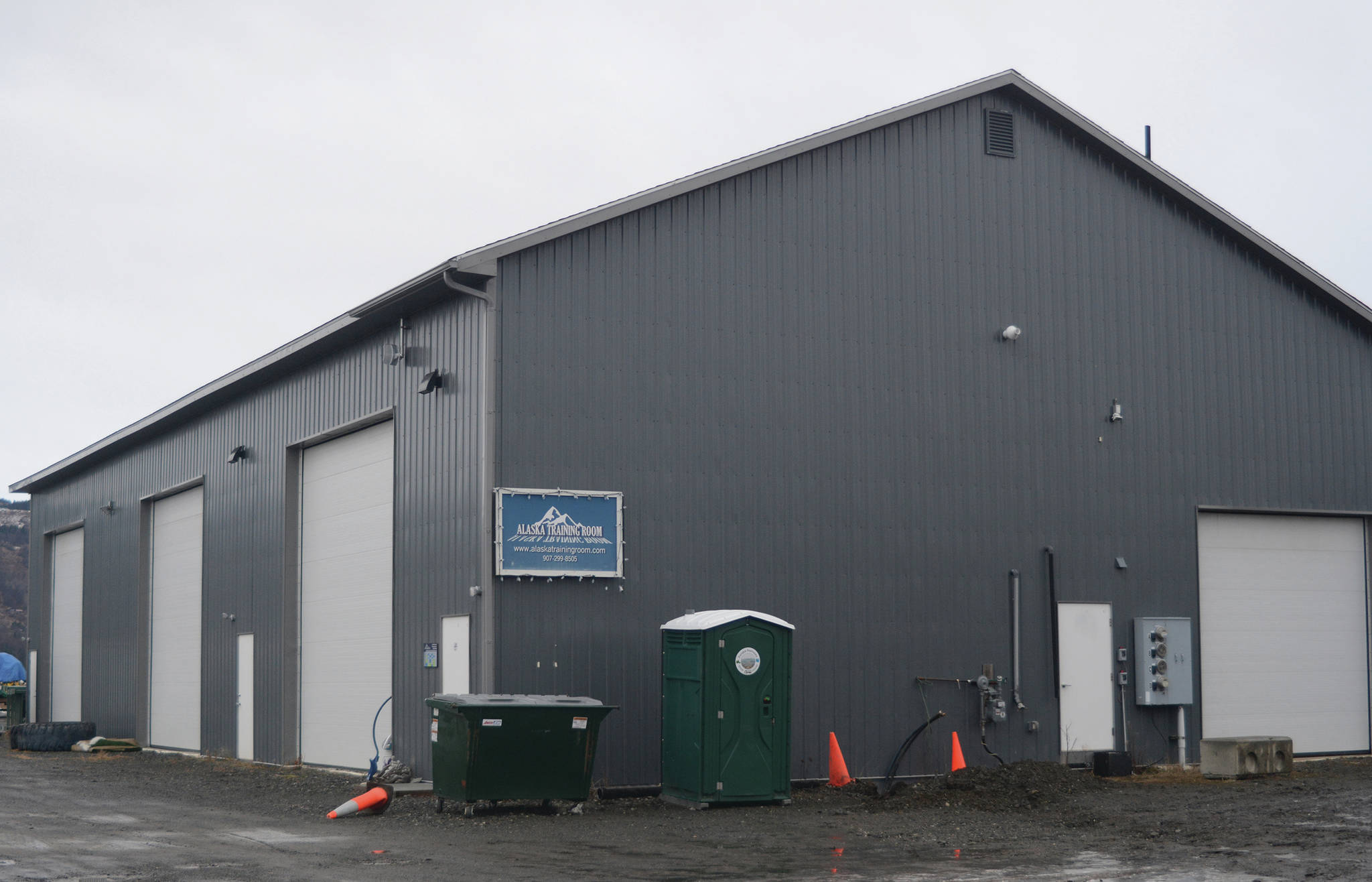Almost two years after it first applied for a standard cultivation permit, Alaska Loven It — the first operation to apply for a license to legally grow cannabis within city limits — has finally been granted one.
In an email on Nov. 27, Alcohol and Marijuana Control Acting Director Glen Klinkhart confirmed that Alaska Loven It passed a final inspection by AMCO investigators on Nov. 20 and it has now been issued a Standard Marijuana Cultivation license.
“We have always worked within the regulations of the legal marijuana market, our license is active and we are happy to be moving forward,” Alaska Loven It partner Janiese Stevens wrote in an email on Nov. 27.
Owned jointly by Stevens and Dan Coglianese, Alaska Loven It first sought a permit to grow cannabis in a 5,000-square-foot warehouse on Kachemak Drive in January 2018. However, after inspectors found cannabis that surpassed the personal-use limits of six plants being grown on the premises, the AMCO board denied its application for a license. Under Alaska’s commercial cannabis laws, growers can’t bring commercial quantities of plants into the facility until shortly before a permit is issued.
Alaska Loven It then reapplied for a license and AMCO gave it the green light to proceed. AMCO moved its license to the “active-pending inspection” status, meaning the operator can go ahead and install security cameras, enter plants into the METRC tracking system and then schedule an inspection.
According to a Nov. 13 memorandum from former AMCO Director Erika McConnell, Alaska Loven It started a METRC account. On July 11, the licensee came before the board to explain why it had been in “active-pending inspection” status for so long. Stevens said they were still working on becoming operational by October, McConnell wrote.
McConnell claimed they had been growing plants since March 2019. She wrote that they had grown 606 plants later reported as destroyed. McConnell said she had no way of confirming the plants had been destroyed.
“This is not an accusation of wrong doing, but a statement that AMCO has no way to determine what is happening in the facility,” she wrote.
AMCO inspectors also couldn’t get access to the property because a gate blocked off the driveway. Coglianese also didn’t answer phone calls or emails, she wrote.
An investigator spoke with Coglianese in September while contacting him on another matter. Coglianese said he had not requested inspection because of problems with investors, and that he had been cutting his plants back to 18 inches, McConnell wrote. McConnell recommended denying Alaska Loven It’s license at that time.
Klinkhart said the board took no action on McConnell’s memo. AMCO honored an original motion of approval for Alaska Loven It’s license and the operation moved successfully through its inspections.
Under licensing regulations, when a facility is ready for inspection, it can bring in 12 or fewer immature, nonflowering plants to be used as mother plants and that cannot be more than 18 inches tall.
“The board made a determination that a preliminary inspection was to occur within two weeks of the plants being moved into the facility,” Klinkhart wrote about the guidelines.
Under what AMCO calls “immaculate conception,” it does not question where plants come from — one of the gray areas in the new industry that states legalizing commercial cannabis turn a blind eye to. New growers may bring in plants from their own personal use crops or from friends.
Klinkhart said the intent of AMCO rules is that when a license applicant gets moved to the “active-pending inspection” status, it’s understood that the applicant won’t bring in plants before two weeks ahead of inspection.
“The intent was to have immature plants and the board has in the past determined that anything that grew over 18 inches was no longer considered ‘immature,’” Klinkhart wrote.
He said that pushing down or cutting plants below 18 inches is not acceptable. Investigators allow some leeway, Klinkhart wrote.
“If there is a circumstance that a scheduled inspection time allocated is not met, enforcement understands that the plants may grow over 18 inches and this is not at the fault of the licensee,” he wrote.
If an applicant brought in plants before they were not ready for an inspection and circumstances changed, the applicant should have notified AMCO for the issue and request clarification from the director or board on how to proceed.
“In a similar circumstance regarding another licensee, the board deemed that all plants found to be in flowering stage at the time of initial inspection be seized and destroyed,” he said.
Stevens wrote that Alaska Loven It hopes to start selling product within three months.
“Dan grows using a hydroponic system and will produce a variety of different strains depending on demand and testing results yielded,” she wrote.
Reach Michael Armstrong at marmstrong@homernews.com.


